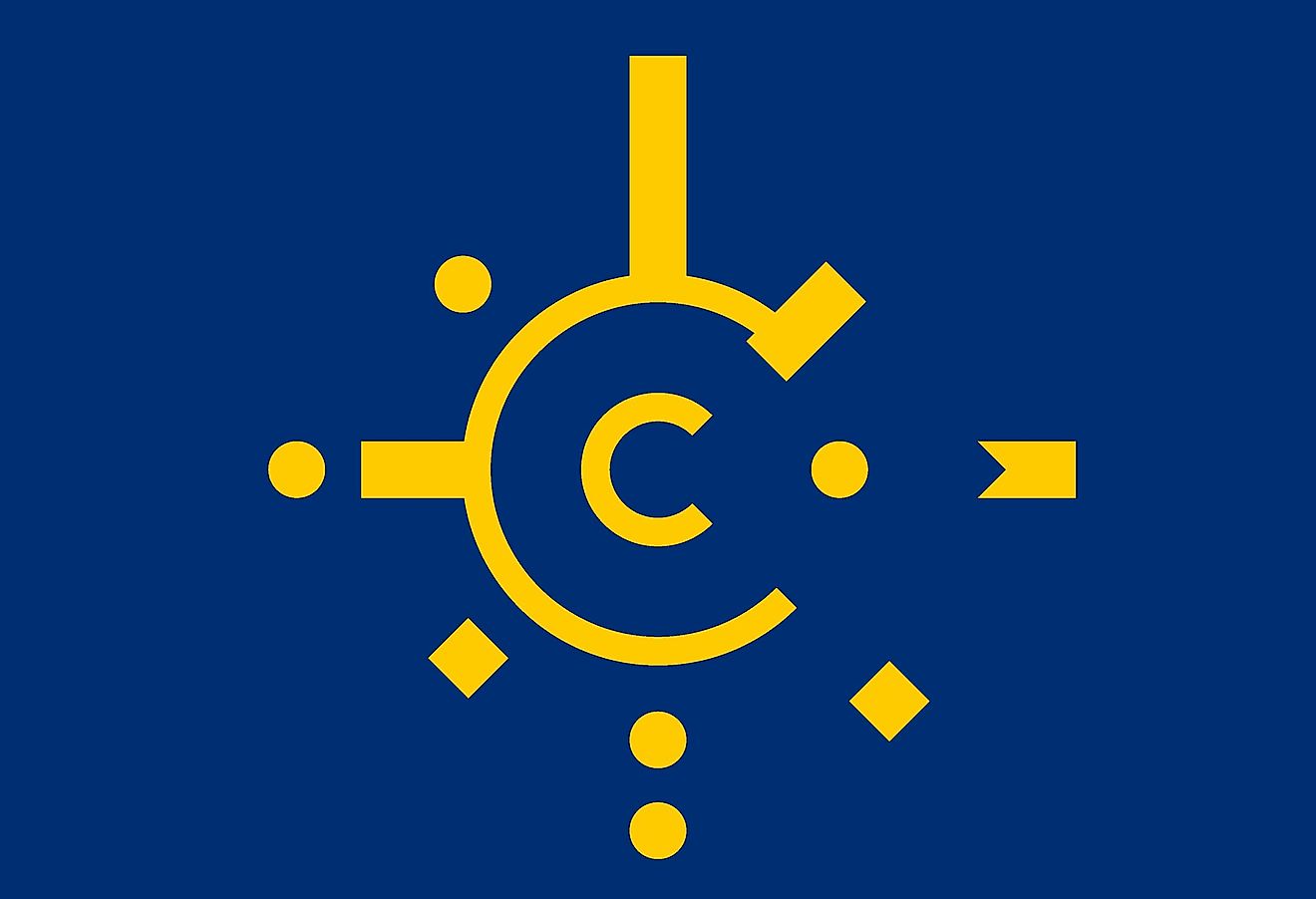

The Central European Free Trade Agreement is a trade deal made by European countries that are non-EU member states. The free trade area encompasses seven nations that together cover a combined area of 97,463 square miles. There are six official languages in the region, but English is recognized as the region’s working language. The free trade area is home to over 21.9 million people, translating to a population density of 224.8 persons per square mile. The bloc has a robust economy, with a Gross Domestic Product of $400 billion, and a GDP per capita of $14,102.
The current members of CEFTA are as follows:
Several former CETA member states (Croatia, Slovakia, Hungary, Bulgaria, Slovenia, Czech Republic, Romania, and Poland) relinquished their membership after joining the European Union.
The Central European Free Trade Agreement was signed on December 21st, 1992 in the city of Krakow by Europe’s Visegrad countries; the Czech Republic and Slovakia (then known as Czechoslovakia), Poland, and Hungary. These former Soviet countries saw the establishment of a free-trade area as a starting point in their quest to integrate into Western Europe’s economic and political organizations. However, it was not until July 1994 that the agreement was enforced. The agreement went through a series of amendments in the late 1990s and early 2000s, to be in line with prevailing global political and economic conditions of the time. By 2004 all the four original members of the agreement had joined the European Union, and in so doing, had relinquished their respective memberships.
The CEFTA meeting of 2005, held in Zagreb, made several amendments to the original criteria used to grant membership. According to this meeting, a country qualifies as a member if it is either a member of the World Trade Organization or has shown commitment to respect the Organization’s regulations. The country should have other free trade agreements with CEFTA member-states and be part of at least one European Union Association Agreement. In 2006, all the founding member-states had relinquished their memberships, and so a meeting was held to discuss the way forward. This meeting resulted in the decision to include other Balkan countries in the trade deal. The inclusion of Kosovo as a member state of the trade agreement has brought much controversy since the nation gained independence in 2008 and even spurred conflict between other member states. Bosnia and Serbia were particularly adamant not to recognize Kosovo, which then saw Pristina imposing trade blockades against Serbia, with war erupting in border posts in 2011. As a remedy, Kosovo is represented by the UNIAMK (United Nations Interim Administration Mission in Kosovo), in all official meetings among member states.
Joseph Kiprop March 7 2019 in Economics